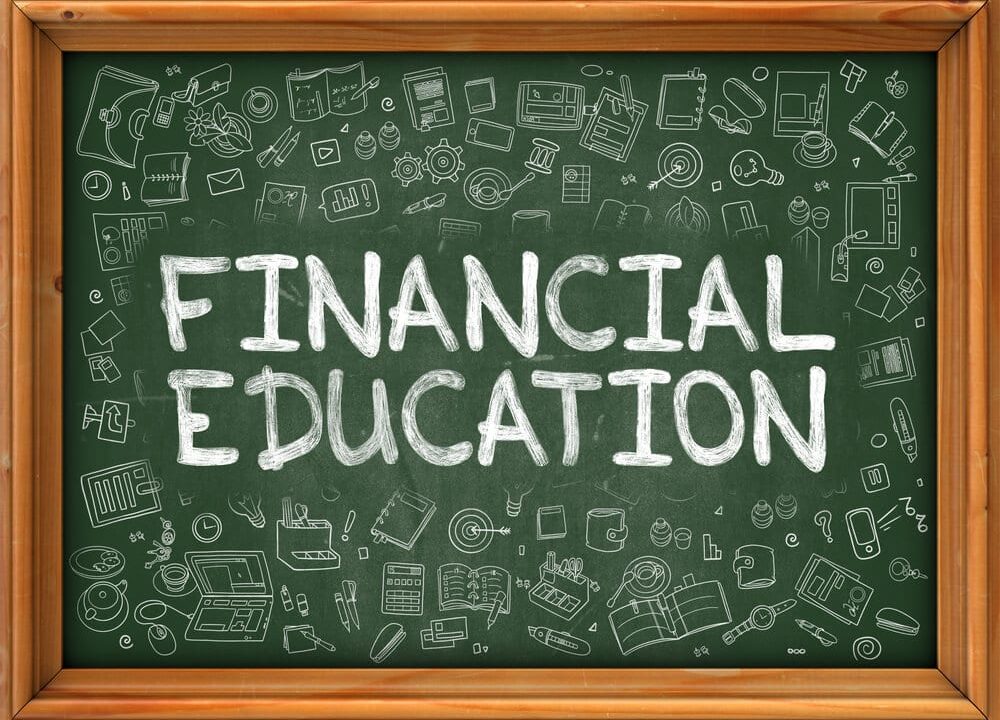
Financial education is a crucial life skill that can significantly impact a child’s future. Understanding money management from an early age can help children develop responsible financial habits that last a lifetime. But when should this education begin? Research suggests that the earlier, the better.
The Importance of Early Financial Education
Financial literacy is not just about knowing how to save or spend money; it encompasses a range of skills, including budgeting, understanding credit, and making informed financial decisions. Teaching children these skills early can lead to better financial outcomes in adulthood. According to a study by the University of Cambridge, children can form money habits as early as age seven, but the groundwork can be laid even earlier.
Starting Financial Education at a Young Age
1. Ages 2 to 4: The Basics of Money
Even toddlers can begin to grasp the concept of money. At this age, parents can introduce the names and values of coins through play. Setting up a pretend store can help children understand that money is exchanged for goods. Additionally, using a clear piggy bank allows young children to visualize their savings as they watch their coins accumulate.
2. Ages 5 to 7: Introducing Allowances and Saving
By age five, children can start receiving an allowance tied to simple chores. This practice teaches them to allocate their money for spending, saving, and giving. Parents can also introduce the concept of a savings account, explaining how banks work and the benefits of saving money. This age is crucial for instilling the idea of deferring gratification, as children learn to save for larger purchases rather than spending impulsively.
3. Ages 8 to 12: Expanding Financial Knowledge
As children grow, their understanding of money can deepen. Parents can discuss budgeting, the importance of saving for future goals, and even basic investment concepts. Engaging children in conversations about money management, such as discussing family budgets or savings goals, can reinforce these lessons.
4. Ages 13 and Up: Preparing for Independence
Teenagers are on the brink of adulthood and need to understand more complex financial concepts. This is the time to discuss credit, loans, and the importance of maintaining a good credit score. Encouraging teens to take on part-time jobs can provide them with firsthand experience in earning and managing money. Additionally, introducing them to financial apps and tools can make learning about money management more engaging.
The Role of Schools in Financial Education
Many schools now incorporate financial literacy into their curricula, teaching students about budgeting, interest rates, and taxes. Parents can complement this education at home by discussing what their children learn in school and providing real-life examples.
The role of schools in financial education is increasingly vital as they prepare students to navigate the complexities of personal finance in adulthood. A financially literate population contributes positively to the economy, as individuals who understand debt management, investment strategies, and financial planning are better positioned to achieve economic stability.

Currently, over 90% of U.S. states have integrated financial literacy into their curricula, with 26 states requiring a financial literacy course for high school graduation. Experts argue that a single semester may not suffice, as financial literacy is a complex subject that benefits from ongoing education throughout a student’s academic journey. Teachers and educational leaders play a crucial role in advocating for these programs, and partnerships with financial institutions can enhance the resources available for teaching these essential skills.
Conclusion
Starting financial education early is essential for fostering responsible money management skills in children. By introducing financial concepts at a young age and gradually increasing complexity as they grow, parents can equip their children with the tools they need to navigate their financial futures confidently.
Read more on Lifetips.blog














